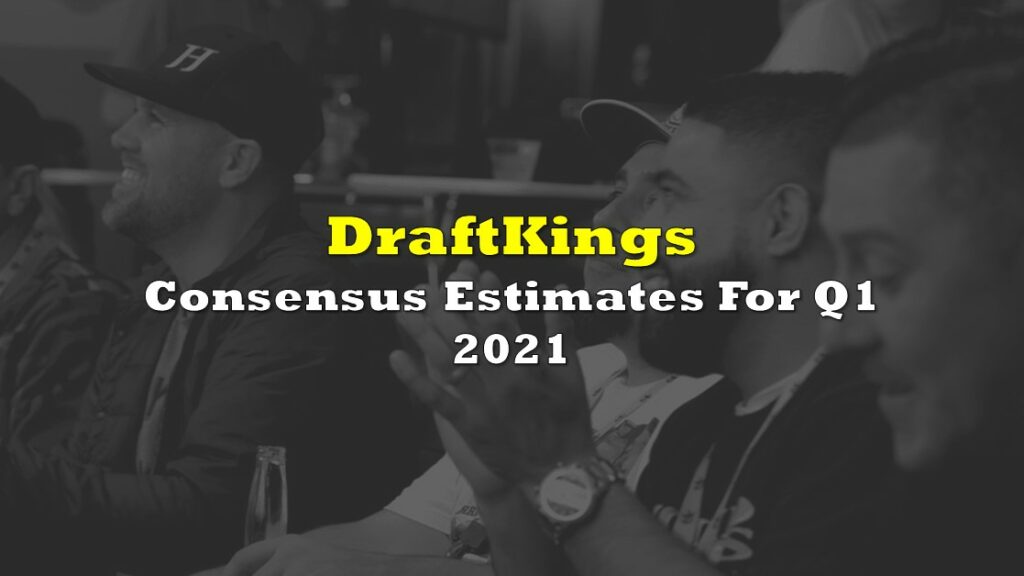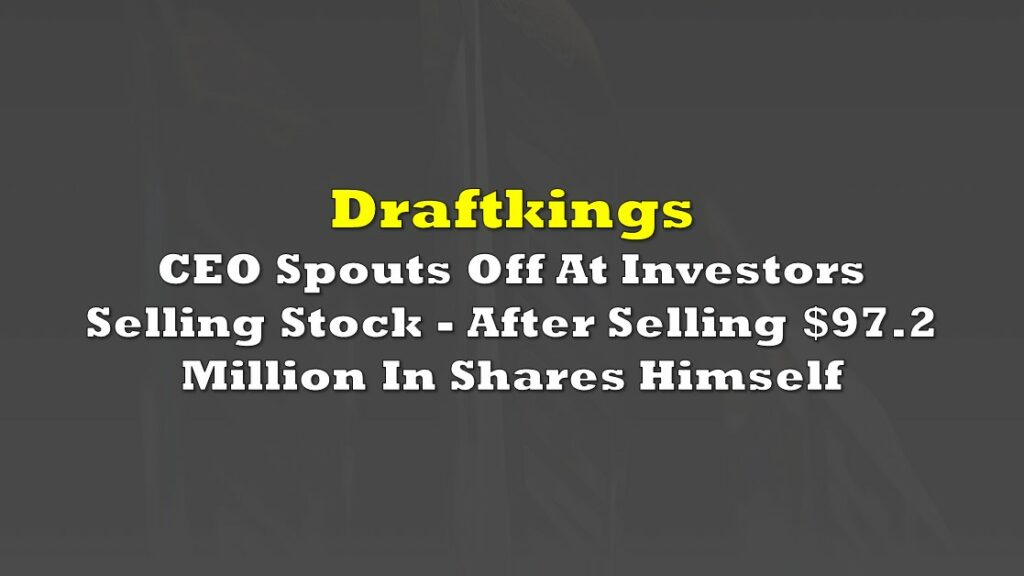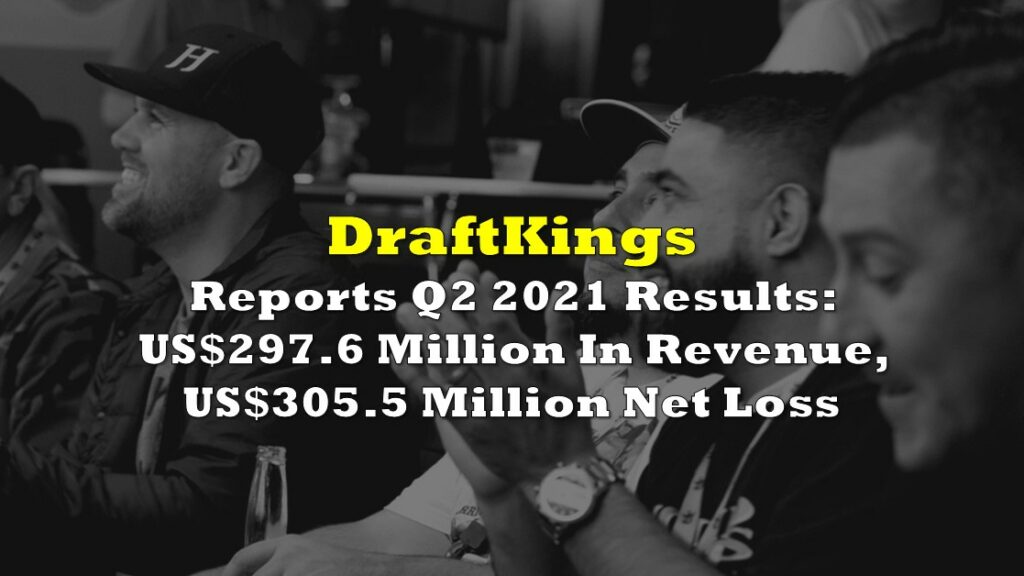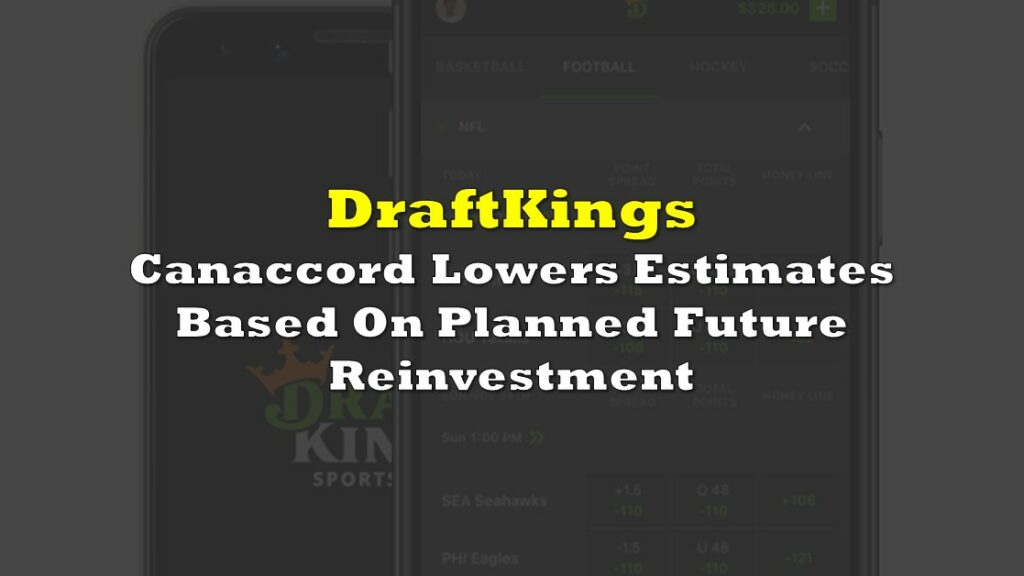The U.S. District Court for the District of Massachusetts denied DraftKings Inc’s (NASDAQ: DKNG) motion to dismiss a class action lawsuit, ruling that the company’s non-fungible tokens (NFTs) can be considered securities under the Howey test. This case, filed by plaintiff Justin Dufoe on behalf of himself and similarly situated individuals, alleges that DraftKings and its officers sold unregistered securities in violation of federal law.
The lawsuit, initiated by Justin Dufoe, centers on DraftKings’ sale of NFTs through its digital marketplace. DraftKings, a prominent name in fantasy sports and sports betting, ventured into the NFT space, offering digital assets tied to sports figures and events. Dufoe’s complaint asserts that these NFTs qualify as securities and thus should have been registered under the Securities Act of 1933 and the Securities Exchange Act of 1934.
Dufoe’s complaint highlights that DraftKings marketed these NFTs not merely as collectibles but as potential investment opportunities. This marketing, according to the plaintiffs, created an expectation among purchasers that the NFTs would appreciate in value, driven by DraftKings’ efforts.
A significant element of DraftKings’ NFT offerings includes the “Reignmakers” fantasy sports game, where users can utilize their NFTs to compete for prizes. This gamified aspect of the NFTs added another layer of complexity to the case, as it blurred the lines between collectible, utility, and investment.
“Defendants argue that none of the allegations in the complaint plausibly allege that DraftKings represented to consumers that their NFTs would appreciate in value or their payments would be further invested to generate additional earnings,” the court wrote. “In particular, Defendants urge that all communications regarding the profitability of DraftKings NFTs either originated with third-parties or related to prizes available in Reignmakers competitions rather than investor profit. The Court disagrees.”
Howey test
Essentially, since the primary ground for the defendants’ motion to dismiss is the argument that DraftKings’s NFTs are not securities and not subject to laws governing such, the court turned to the Howey test to determine the validity of the dismissal request.
The Howey test, derived from a 1946 Supreme Court case, determines whether a transaction qualifies as an investment contract, thus making it a security under federal law. The test consists of three elements: (1) an investment of money, (2) in a common enterprise, (3) with an expectation of profits primarily from the efforts of others, the court explains.
Update: Today, the court denied DraftKings's motion to dismiss.
— Rob Freund (@RobertFreundLaw) July 3, 2024
The complaint plausibly alleges that the DraftKings NFTs are investment contracts, and therefore securities, under the Howey test. https://t.co/hFdISWxDQT
The court found that the plaintiffs sufficiently alleged the pooling of assets, which is a key aspect of the “common enterprise” requirement. According to legal expert Rob Freund, “The plaintiffs argued that revenue from the sale of NFTs was reinvested into DraftKings’ business, including promoting their Marketplace. This pooling of assets among investors, sharing both profits and risks, met the ‘horizontal commonality’ aspect of the common enterprise requirement.”
The court’s order elaborated on this, stating, “Dufoe has sufficiently alleged the pooling of assets requirement, because the revenue generated by the sale of NFTs was reinvested into DraftKings’s business, including through the promotion of the Marketplace.”
The court also agreed with the plaintiffs that there was a reasonable expectation of profits from purchasing DraftKings NFTs. This expectation stemmed from capital appreciation driven by DraftKings’ efforts to maintain investor interest and demand in the Marketplace. DraftKings’ marketing and promotional activities, including statements made by its officers, encouraged users to view the NFTs as investments that could appreciate in value.
Freund summarized this element, stating, “The court noted that DraftKings’s marketing and promotional activities, including statements made by its officers and on its platforms, encouraged users to view the NFTs as investments that could appreciate in value.”
The lawsuit filed by Dufoe extensively cites DraftKings’ own promotional materials and statements to build its case. “DraftKings provided users a high-level financial look at each NFT, encouraging users to view the NFTs as investments,” the complaint states. It also highlights statements made in the Reignmakers chatroom by DraftKings’ officers. For instance, Matthew Kalish, DraftKings’ President, allegedly assured users of “open market profit” and “guaranteed scarcity,” terms which strongly suggest investment potential.
Additionally, the lawsuit quotes DraftKings’ podcast hosted by Kalish and entrepreneur Gary Vaynerchuk, where Vaynerchuk described the summer of 2022 as a time to pick up NFTs at fire sale prices, implying significant future value appreciation. The lawsuit argues that such statements collectively fostered a reasonable expectation of profit among NFT buyers.
The court also found that the expected profits would come from DraftKings’ significant efforts, not those of the investors. DraftKings’ control over the primary and secondary markets for its NFTs, coupled with substantial promotional efforts to generate interest in the Marketplace, were deemed essential managerial efforts influencing the enterprise’s success.
“The plaintiffs plausibly alleged that the expected profits would come from the significant efforts of DraftKings, rather than the investors themselves,” Freund noted. “DraftKings’s control over the primary and secondary market for its NFTs, along with its substantial promotional efforts to generate interest in the Marketplace, were deemed essential managerial efforts affecting the success of the enterprise.”
Draftkings NFTs are securities
The court’s detailed ruling meticulously analyzed each element of the Howey test. “Plaintiff has plausibly alleged that DraftKings NFTs remained in wallets controlled by DraftKings and that trading took place on the NFT Marketplace. Even though it may have been possible for NFT purchasers to transfer DraftKings NFTs to their personal wallets and presumably thus trade DraftKings NFTs on platforms independent of DraftKings, it is not clear from the amended complaint and documents incorporated therein that transfers to personal wallets ever took place,” the court noted.
The court concluded that Dufoe’s allegations that DraftKings controlled the primary and secondary market for its NFTs and that the NFTs’ values were dependent on the success of the Marketplace were sufficient to survive a motion to dismiss.
“For the purposes of a motion to dismiss, Dufoe has adequately pled that the fortunes of the purchasers of DraftKings’s NFTs are linked to a common enterprise, based on the rules of the Marketplace, which tied the purchasers to DraftKings’s platform,” the ruling stated.
Freund highlighted the importance of this ruling, stating, “The decision underscores the court’s willingness to adapt traditional securities laws to modern financial instruments like NFTs.” He added that the ruling could set a precedent for other NFT-related cases, potentially leading to more stringent regulations in the burgeoning digital asset market.
The ruling aligns with recent trends in the judicial interpretation of blockchain-based digital assets as potential securities. For instance, cases involving the initial offerings of cryptocurrencies, often referred to as “initial coin offerings” or “ICOs,” have frequently resulted in courts deeming these digital assets as securities.
Draftkings last traded at $37.44 on the NASDAQ.
Information for this story was found via the sources mentioned. The author has no securities or affiliations related to this organization. Not a recommendation to buy or sell. Always do additional research and consult a professional before purchasing a security. The author holds no licenses.









